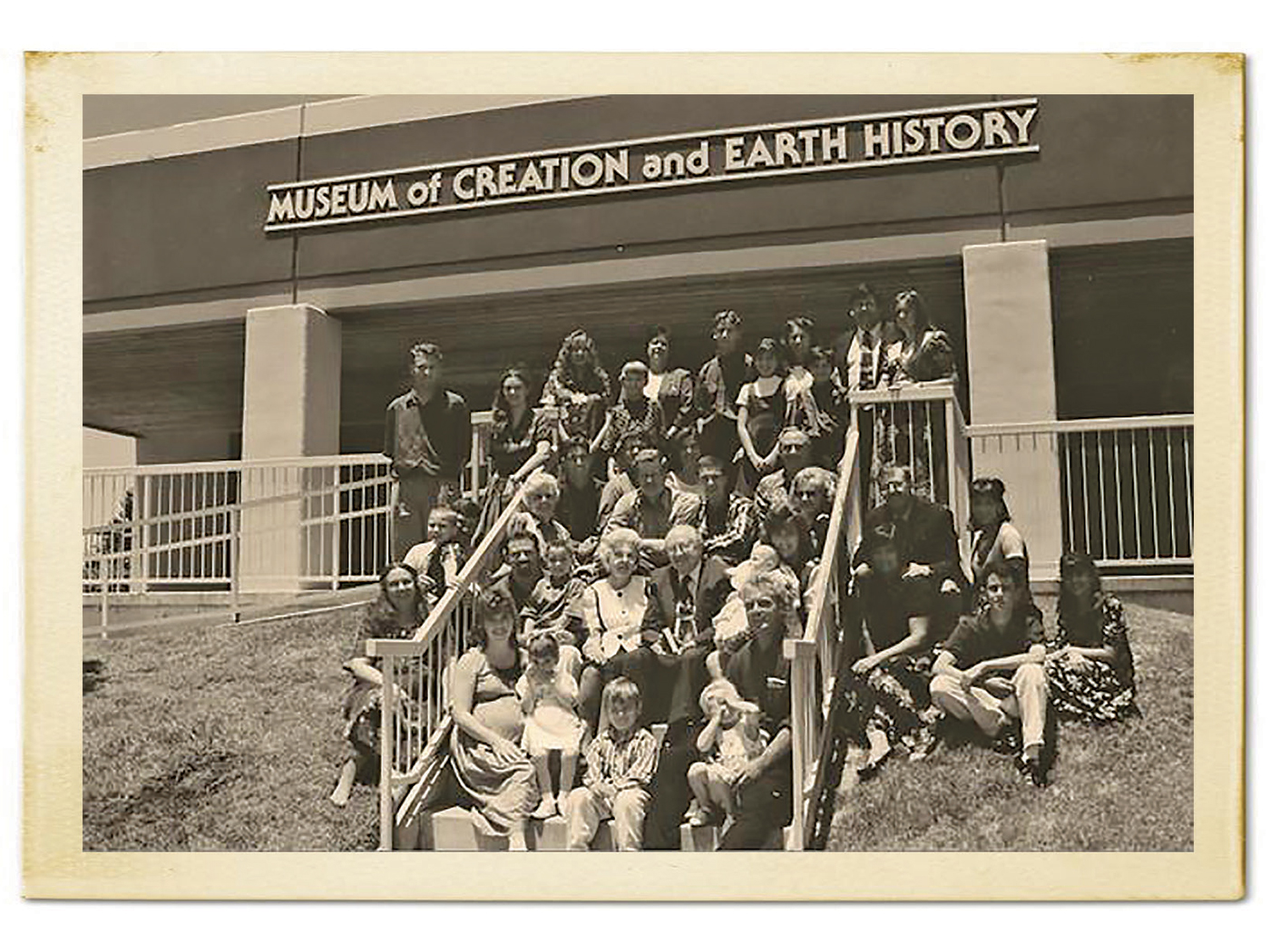Search Tools
New Defender's Study Bible Notes
4:2 Jabin. Jabin was evidently a title of the kings of Hazor. An earlier Jabin had been defeated and slain by Joshua (Joshua 11:1,10) more than a century before. Archaeological evidence has been unearthed in Hazor apparently confirming both the earlier destruction under Joshua and the later defeat under Barak.
4:2 Jabin king of Canaan. The new “Jabin” of Hazor had apparently rebuilt this capital city of northern Canaan after Joshua’s earlier victory there (Joshua 11:1, 10) and had gained control of much of northern Canaan. The name “Jabin” has actually been found in an inscription from Mari, near the Euphrates River.
4:2 Hazor. Hazor had been rebuilt and reoccupied after its destruction by Joshua about a hundred years earlier (Joshua 11:10, 11). In fact, Hazor has been confirmed archaeologically to have been an important city in Canaanite times.
4:3 chariots of iron. The notion that the “Iron Age” began only about 1000 B.C. is wrong. The Israelites did possess iron implements in the time of Moses (e.g., Numbers 35:16). In fact, iron was used even before the Noahic Flood (Genesis 4:22). Iron swords are frequently mentioned in Genesis.
4:4 Deborah, a prophetess. Deborah was clearly a most remarkable woman, to be accepted as judge of Israel at this low ebb in their history. No other woman was ever so honored. Furthermore, she was a true “prophetess,” a position accorded to only four other women named in the Bible, in contrast to the great number of men recognized therein as prophets. The other four were Miriam (Exodus 15:20); Huldah (II Kings 22:14), the wife of Isaiah the prophet (Isaiah 8:3), and Anna (Luke 2:36). However, just as there were many false prophets, so two false prophetesses are mentioned, Noadiah (Nehemiah 6:14), and the Thyatiran Jezebel (Revelation 2:20).
4:6 children of Naphtali. In addition to Barak’s tribe of Naphtali, five other tribes contributed soldiers to Barak’s army–Zebulun, Issachar, Benjamin, Ephraim, and western Manasseh (Machir). See Judges 5:14,15.
4:15 LORD discomfited Sisera. The providential means by which the hosts of Sisera, with their nine hundred iron chariots, were destroyed by Barak’s ten thousand men, is indicated in the song of Deborah and Barak (Judges 5:21): “The river of Kishon swept them away.” The chariots were inundated by the floodwaters and the remaining soldiers “fell upon the edge of the sword” (Judges 4:16).
4:24 children of Israel prospered. The so-called “Mernepta Stela,” found in Egypt and referring to the campaigns of Pharaoh Mernepta in Canaan, is believed to date from about the time of Deborah and Barak. While Merneptah’s boasts of victory are somewhat hollow, the stela does indicate Israel as the strongest nation in Canaan at that time. It is believed to be the oldest archaeological monument containing the actual name of Israel.






